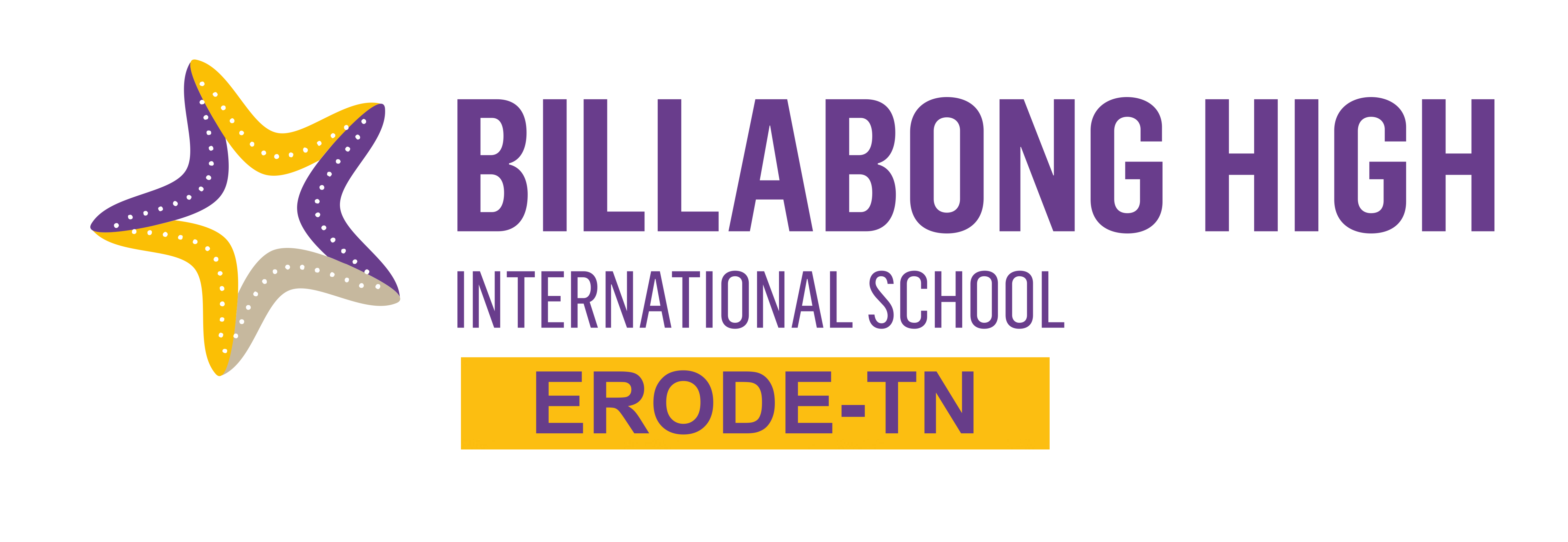How Is Kangaroo Kids Different From Other Preschools
Parents who are keen on enrolling their children to our preschools often wonder and ask how Kangaroo Kids’ preschool is different from other preschools in India. We are always happy to answer that question and assure parents that our preschool is based on the philosophy that children learn best when they are supported in their own unique learning styles, given a safe and a happy environment. They blossom when they are nurtured by those who have their best interests at heart and using the most up-to-date methods.
- Safe and learner friendly environment
- Integrated curriculum
- Sequentially developed curriculum increasing in complexity
- Alive’ and constantly evolving curriculum
- Lesson plans created with specific learning objectives
- Ideal teacher: child ratio
- Extending learning beyond the classroom
- Open door policy
- Experiential rather than not learning
- Believe in individualisation
- Each child is unique and develops at his own pace
- Our curriculum and classroom materials are responsive to these differences
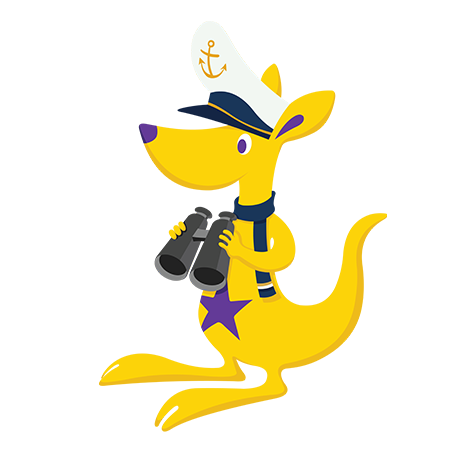
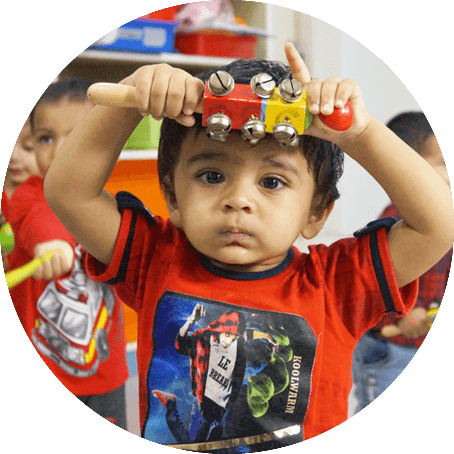
Safe and Learner Friendly Environment
Safety is our prime consideration while we plan any activity and all our teachers are trained to do the same when they implement our programmes. The school and classrooms, the equipment and materials used for all our programmes are safe. They are also learner friendly which means they do no lead to over stimulation and distraction for the child.
Integrated Curriculum
We integrate themes to connect learning across disciplines which gives us a cut above the rest and makes us Kangaroo Kids very different from other preschools in India.
Sequentially Developed Curriculum Increasing In Complexity
The curriculum is implemented as designed by the team using maxims of ‘known and concrete’ concepts to ‘unknown and abstract’ ones. These goals need to be translated into practice. The following aspects not only see that our goals are achieved but also make our schools are different from the conventional one.
Alive And Constantly Evolving Curriculum
We have a team of experts who are in touch with the latest developments in the field of education and incorporate them in the curriculum in real time. For e.g. when neuroscience research in preschool education indicated the importance of bilingualism, we introduced Hindi for the preschoolers using the same KKEL methodology.
Lesson Plans Created With Specific Learning Objectives
All the activities in the curriculum are planned with specific learning objectives in mind. The facilitators keep these objectives in mind when the activity is being conducted in the class. For example, in the preschool for reading skills, the learning objective would be to ‘Identify letter and their sounds i.e. Sound – symbol association etc. Each activity has specific learning objectives.
Ideal Teacher: Child Ratio
At KK we respect individual differences in children and believe that each child learns and grows at his/her pace. To cater to the individual needs of children, we have an ideal Teacher: Child ratio. Younger the children more the individual attention they need, hence for Preschool year 1 the Teacher: Child ratio is 1: 6
Preschool year 2 it is 1: 8
Preschool years 3 and 4 it is 1: 12
Extending Learning Beyond The Classroom
Episodic memory is the one we have for events (or episodes) we experience. Some children have trouble remembering facts, vocabulary, and procedures, like how to do long division. They can remember accurate details about a trip they took a whole year ago! They love field trips, movies, and activities that involve building or doing something. These students have a strong episodic memory. They remember what the class was doing when they were learning something.
At KK, we know this is true about children, and we help them learn more effectively at school by creating episodic memories which include field trips, special days, guest lectures, culminating activities, etc. which relate to the main theme.
Open Door Policy
Episodic memory is the one we have for events (or episodes) we experience. Some children have trouble remembering facts, vocabulary, and procedures, like how to do long division. They can remember accurate details about a trip they took a whole year ago! They love field trips, movies, and activities that involve building or doing something. These students have a strong episodic memory. They remember what the class was doing when they were learning something.
At KK, we know this is true about children, and we help them learn more effectively at school by creating episodic memories which include field trips, special days, guest lectures, culminating activities, etc. which relate to the main theme.
Experiential Rather Than Not Learning
Children are explorers and need to use their five senses to process information and learn about the world. At KK, the curriculum provides opportunities to experience concepts to learn and develop. Our facilitators only create an environment conducive for learning rather than focusing on memorising facts
Believe In Individualisation
With the firm belief that each child is unique, possessing certain abilities and having particular needs, it is our goal to encourage the growth of the “whole child” – social, emotional, physical and intellectual.
Each Child is Unique And Develops at His Own Pace
Although the pattern of development is similar for all children, all children follow the predictable pattern in their own way and at their own rate. We provide opportunities for such differences to surface in daily activities.
Our Curriculum and Classroom Materials are Responsive to These Differences
Our curriculum is designed keeping in mind that each child learns in a different way and to involve as many of the child’s senses in learning activity as is possible. This maximises the learning experience and the learning outcomes We provide support to enable effective learning and it is given only for formal work Support is provided at preschool year 3 and 4 for formal work (reading and writing)
A particular concept may be covered at all the four levels of preschool but it increases in complexity as we go higher up. For example, for the concept of ‘Pet and Farm animals’,
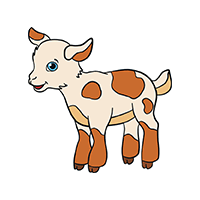
Preschool Year 1
children learn to name them and say the sound they make.
Preschool Year 2
children name them, say the sound they make, the food they eat, the house they live in, their young ones.
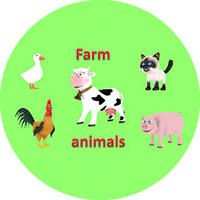
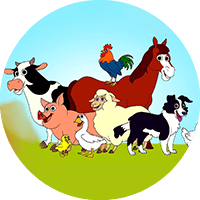
Preschool Year 3
children learn more about the farm, the different buildings found on the farm like the difference between an orchard and a field,
the different crops grown on the farm, the family to which the animals belong, the unique or characteristic features of each animal
Preschool Year 4
children move on to the ‘Animal kingdom’ as a whole, where the children learn about the evolution of the animal kingdom, the animal groups, the extinct animals, endangered animals, causes of extinction and so on. In this way the curriculum is graded sequentially.
In this way the curriculum is graded sequentially.
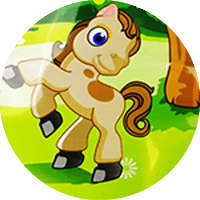
Open Entry – Child’s Basic Right
At KK we believe that all children should have access to quality education. A child’s self-esteem and his ability to achieve success in various tasks is a cornerstone of positive development. Thus the admission procedure at all our preschools is on first come first basis. We do not have an entrance test for the children.
In the primary, the objective of having a Competency level test is not to eliminate children but to use it as a guideline to admit the child in the appropriate class.
At Kangaroo Kids’ preschools we feel proud to say we are different from other preschools in India, since we only let your children work with teachers and educators who are the best in their fields, work hard in the interests of your children, and are adequately qualified to support your child’s early education so that your child experiences a variety of educational activities aimed at supporting his or her development and potential.
The lessons we offer are creative, engaging, interactive, age appropriate age and engineered using the latest research and technology. Apart from education, we believe in honing children’s social skills and interpersonal skills too, and making sure all your child’s strengths and abilities are encouraged, thus making us, Kangaroo Kids very different from other preschools in India.
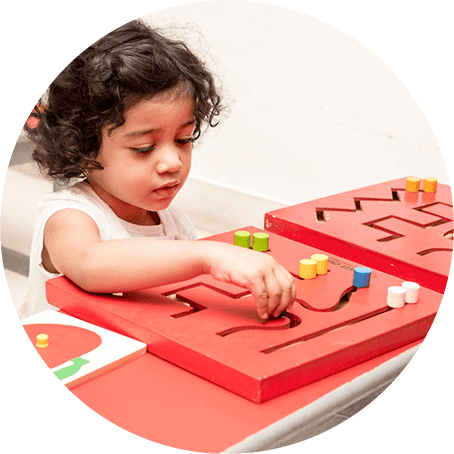
How Is Kangaroo Kids Different From Other Preschools
Choosing a preschool is a difficult task. So let us make it easier for you. Kangaroo Kids is not different from other schools. Kangaroo Kids is better than other schools.
We are better because of our philosophy that teaches children according to their learning styles. We create a safe and happy environment that boosts your child’s concentration. Kangaroo Kids is where your child will blossom into smart, happy and kind individuals!
Kangaroo Kids’ International Curriculum Against The Normal Preschools in India
Based on the in-depth research of our global team of educators, we’ve put in place the following measures to empower your child. We have an integrated curriculum that complements the safe and learner-friendly environment. The curriculum is also developed in such a way that it adheres to the metal development of the kids and increases its complexity. The curriculum is constantly updated and has been integrated with lesson plans specifically created with the learning objectives in mind.
The schools also have an ideal teacher to child ratio that helps the teachers lend more attention to every kid in the class. The teachers are also trained to make learning experiential that just boring lessons. The open-door policy, the belief in each child’s uniqueness and most importantly the individualistic time that each kid takes to develop have been the core to the whole classroom and curriculum setup!
